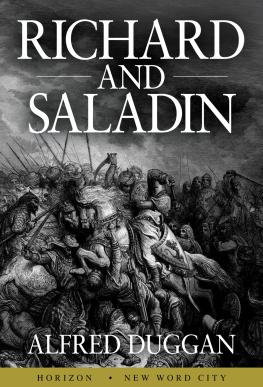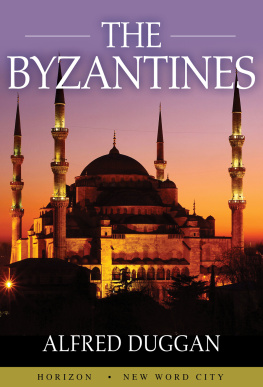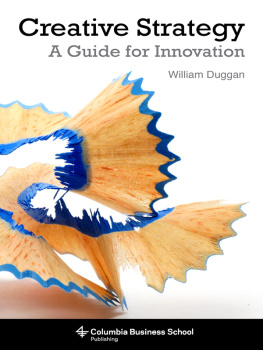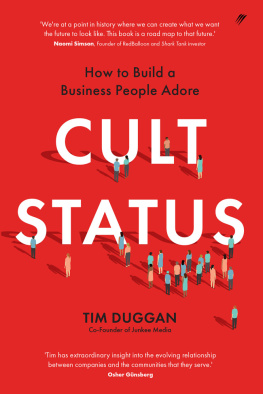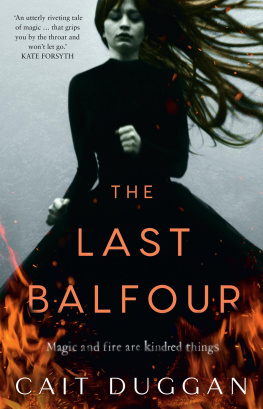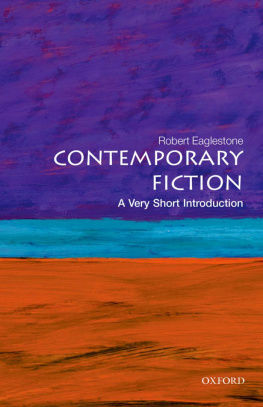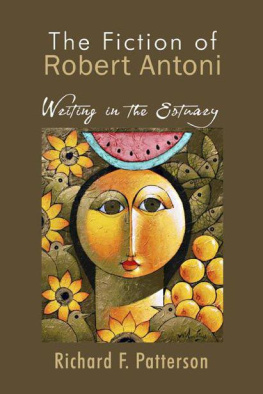The grotesque in contemporary British fiction
The grotesque in contemporary British fiction
Robert Duggan
Manchester University Press
Manchester and New York
distributed in the United States exclusively
by Palgrave Macmillan
Copyright Robert Duggan 2013
The right of Robert Duggan to be identified as the author of this work has been asserted by him in accordance with the Copyright, Designs and Patents Act 1988.
Published by Manchester University Press
Oxford Road, Manchester M13 9NR, UK
and Room 400, 175 Fifth Avenue, New York, NY 10010, USA
www.manchesteruniversitypress.co.uk
Distributed in the United States exclusively by
Palgrave Macmillan, 175 Fifth Avenue, New York,
NY 10010, USA
Distributed in Canada exclusively by
UBC Press, University of British Columbia, 2029 West Mall,
Vancouver, BC, Canada V6T 1Z2
British Library Cataloguing-in-Publication Data
A catalogue record for this book is available from the British Library
Library of Congress Cataloging-in-Publication Data applied for
ISBN 978 0 7190 7891 0 hardback
First published 2013
The publisher has no responsibility for the persistence or accuracy of URLs for any external or third-party internet websites referred to in this book, and does not guarantee that any content on such websites is, or will remain, accurate or appropriate.
Typeset
by JCS Publishing Services Ltd, www.jcs-publishing.co.uk
Contents
The early research for this book took place at the University of Kent, where I was fortunate to be part of a vibrant postgraduate community, with particular thanks going to Antony Barron, Brian Dillon, Felicity Dunworth and Praic Finnerty. I am also indebted to the staff at Kent for their advice, especially the encouragement of Lyn Innes and Abdulrazak Gurnah and most importantly Thomas Docherty, whose guidance and support during and after my PhD are much appreciated.
My colleagues at the Department of English and Creative Writing at the University of Chichester have been admirable in helping me try to balance research and teaching, with special thanks to Benjamin Noys, Fiona Price and Mark Mason, and I am grateful to the universitys Research Facilitation Fund for funding to help complete the writing of this book.
A special thank you must go to the many people in English and American Studies at the University of Manchester who have made me the lucky recipient of both their warm welcomes and critical insights.
I am grateful for the advice (and patience) of Matthew and Kim at Manchester University Press and would like to thank The Little Artists for the cover image.
Final thanks go to Anastasia, who invariably asks the right questions and whose support in all things continues to be invaluable.
Contemporary British writing moves in a variety of directions, and the object of this study is the exploration of a particularly fertile path some recent British fiction has taken. The grotesque as a term currently used in the media is a quality or set of qualities that seems to be ubiquitous and indispensable while at the same time being an extremely vague category or characteristic. One might speculate that the terms vagueness constitutes its usefulness for the commentators involved, whether it is used in connection with contemporary writers such as those examined here or with artists such as Jake and Dinos Chapman, whose recreations of Goyas Disasters of War have drawn praise and condemnation in almost equal measure. It is therefore a productive critical step to approach the grotesque in scholarly and historical terms and from this perspective to investigate its presence in and importance for contemporary British fiction. My exploration begins by examining the grotesque and developing a set of attributes associated with it that is then utilised in the individual chapters devoted to each writers fiction.
Angela Carter, Martin Amis, Ian McEwan, Iain Banks, Will Self and Toby Litt have different approaches to writing fiction but as a group they share family resemblances, that is to say their fiction shows a set of different but related characteristics that can be termed grotesque. My discussion of texts by these authors will illuminate this family resemblance and, rather than pursuing a single quality of the grotesque through their works, will instead draw a web of links between the various contemporary novels and short stories. The writers selected for this study have been chosen in order to show how different but interrelated aspects of the grotesque are embodied in contemporary British fiction and how the family resemblances between the contemporary authors find a parent in the tradition of the grotesque. The writers are shown to be drawing on a shared set of discourses and influences that are part of the tradition of the grotesque in art and literature described in the first chapter of this book.
The writers in this group are frequently thought to be out to shock the reading public, and their sometimes disturbing subject matter is often contemporary in nature, including explorations of late capitalist consumer society, pornography, drug culture, destructive contemporary gender roles and dysfunctional families. This initial similarity, however, tends to obscure the significant differences in narrative method shown by these authors: Carters political playfulness, Amiss hyperbole and exuberance, McEwans clinical and honed prose, Bankss combination of oddity and novelistic craft, Selfs intertextual intoxication and Litts subversive take on familiar genres. My purpose is to trace the way in which these quite different approaches to writing contemporary fiction have their roots in the tradition and discourse of the grotesque, and thus to use the grotesque to shed light on the tangled system of connection between these writers. There are a number of reasons why these specific authors were chosen, the most obvious being the closeness of the family resemblances between them. There is a network of influences, including Rabelais, Swift, Kafka and Thomas Mann, from the history of the grotesque that traverses the works of these writers. My examination of their novels and short stories taken together reveals a contemporary literary scene exploiting the principal features of the grotesque as a literary and artistic tradition as it has been historically articulated, including preoccupations with the human body, parodies, inversions, transgressions, intoxication, play and discourses of diseconomy. In the course of this discussion I will also be addressing the most prominent and distinctive features of these authors approaches to writing fiction, showing how the grotesque is central to an understanding of each writers oeuvre.
While there are perhaps other contemporary writers who might be included in a study of this kind on the grotesque, it is Carter, Amis, McEwan, Banks, Self and Litt who offer the most diverse and simultaneously coherent set of relations to each other and to the grotesque. The diversity can be seen in the different ways these writers engage in a variety of fictional enterprises and their distinct styles, from the baroque and kinetic texts of Carter, Amis and s, and all of whom (with the exception of Carter) continue to produce new work. This contemporary British grotesque therefore is a steadfast facet of current writing, not simply a moment, with its aptitude for challenging borders and hierarchies and recombining elements in novel ways a strong factor in its enduring appeal.




